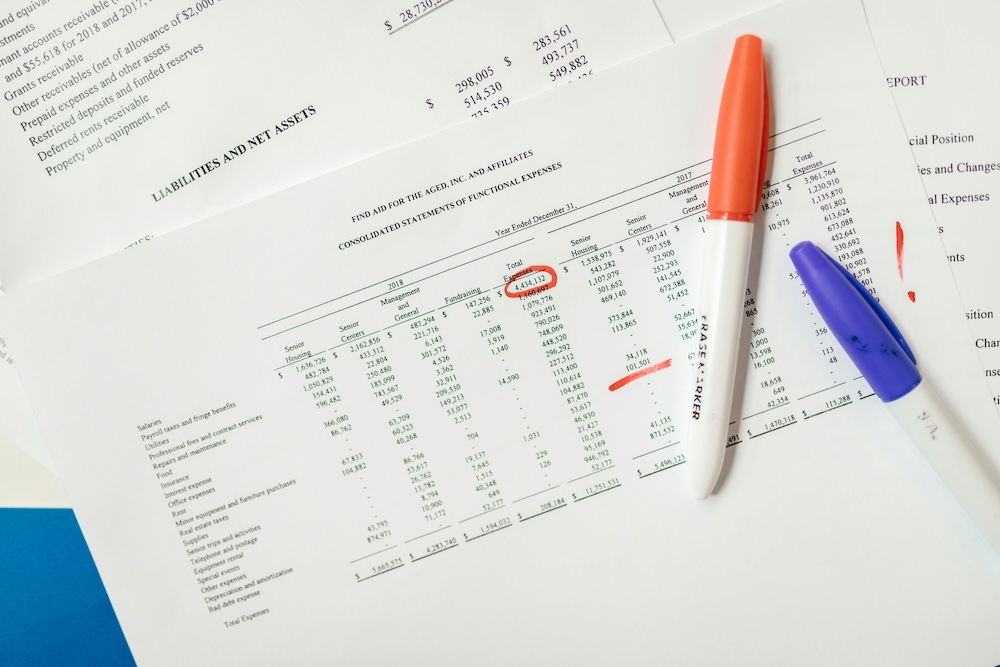If you’re starting a new business, one of the first key decisions you’ll face is choosing your legal structure. Most small businesses in the UK start as either sole traders or limited companies. Each option has its benefits—and drawbacks.
Here’s a quick guide to help you decide what’s right for you.
Sole Trader: Simple and Flexible
A sole trader is the simplest way to start a business. You run it as an individual and keep all the profits (after tax). You’re also personally responsible for any debts.
Pros:
-
Easy and quick to set up
-
Fewer admin and reporting requirements
-
Full control over your business and decisions
Cons:
-
You’re personally liable for any business debts
-
Tax rates may be higher once your profits increase
-
It can be harder to raise finance
Limited Company: More Protection, More Responsibility
A limited company is a separate legal entity. This means your personal finances are generally protected if the business runs into trouble.
Pros:
-
Limited liability protects your personal assets
-
Often more tax-efficient as profits grow
-
Adds credibility and professionalism
Cons:
-
More paperwork and legal duties
-
Directors must follow strict company rules
-
Annual accounts and filings are public
So, Which Should You Choose?
If you’re starting small and want flexibility, being a sole trader may be a good first step. If you’re planning to grow, need funding, or want to protect your personal finances, a limited company might be better long-term.
Need help deciding?
Talk to our team at Coombs Chartered Accountants. We’ll explain the pros and cons in your specific situation—and help you set up your business the right way.




